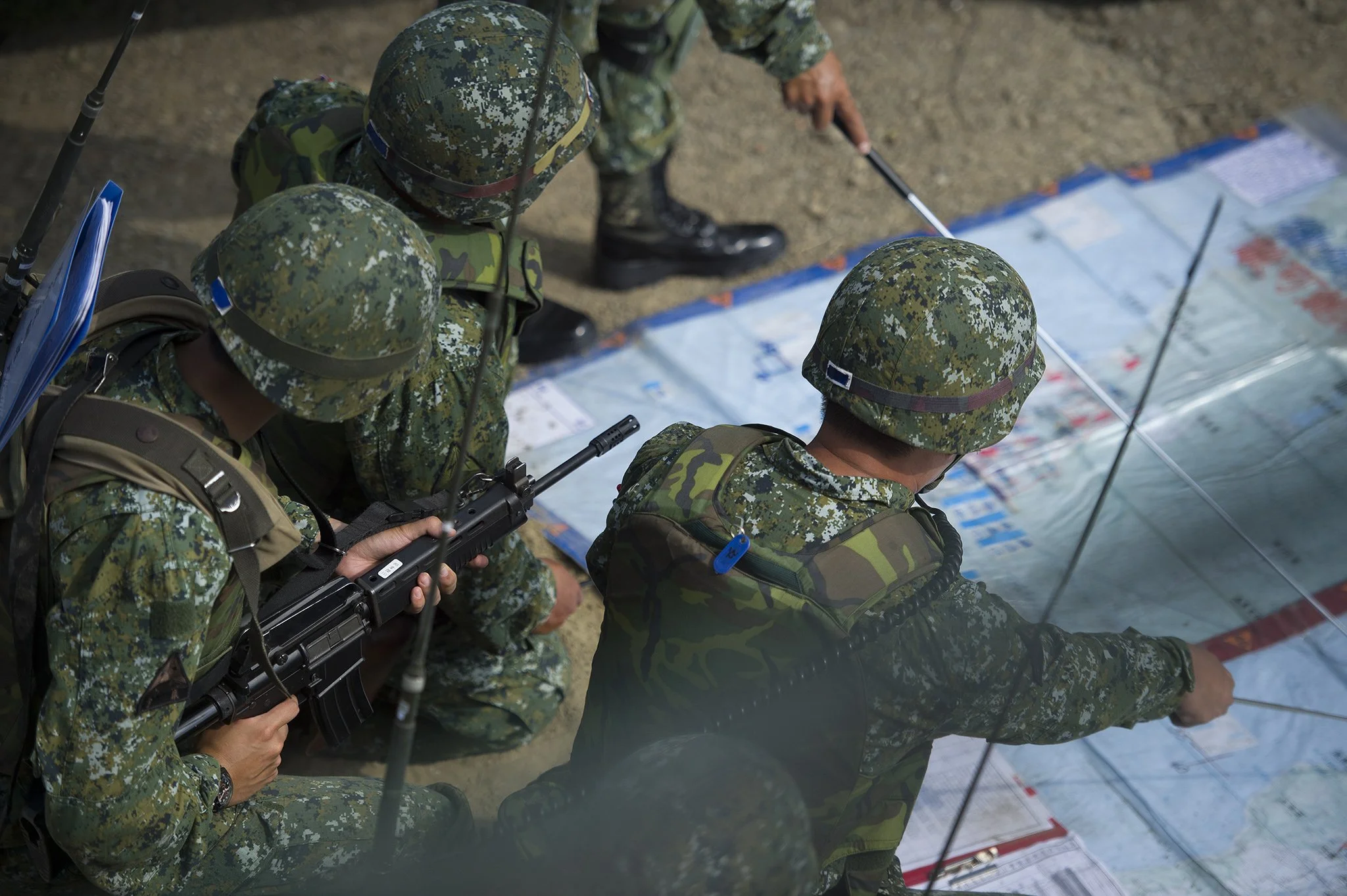Written by Daniela Braun, Marie Antoinette de Jesus, and Sophiya Navarro
Increasing EU-Philippine maritime security cooperation is a positive development that reflects both actors’ mutual interests and values, as well as their willingness to engage with each other and other Indo-Pacific actors.
Read More
















